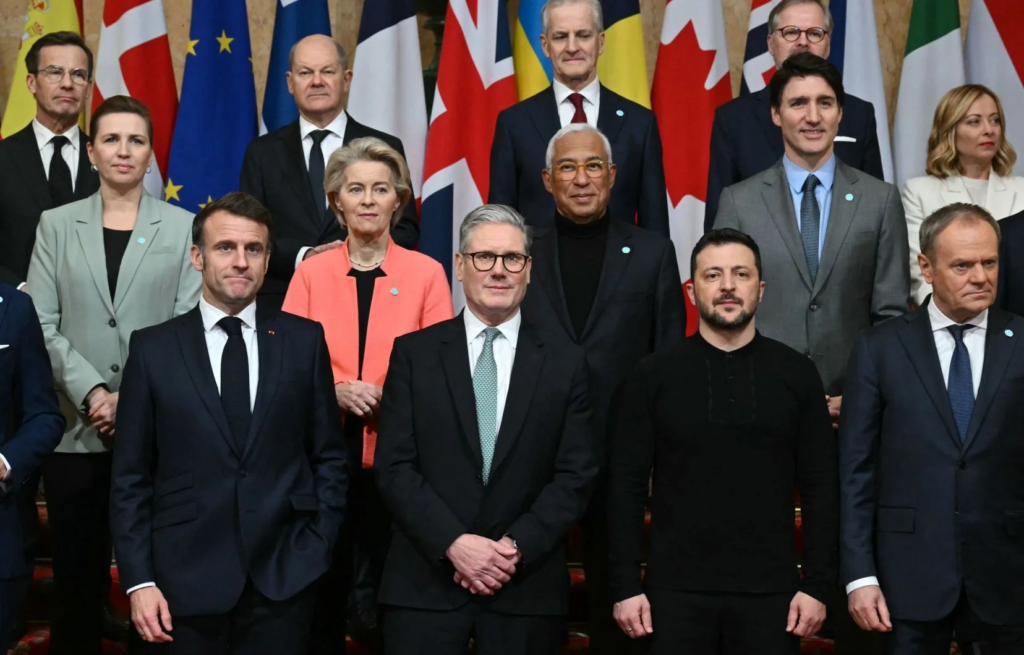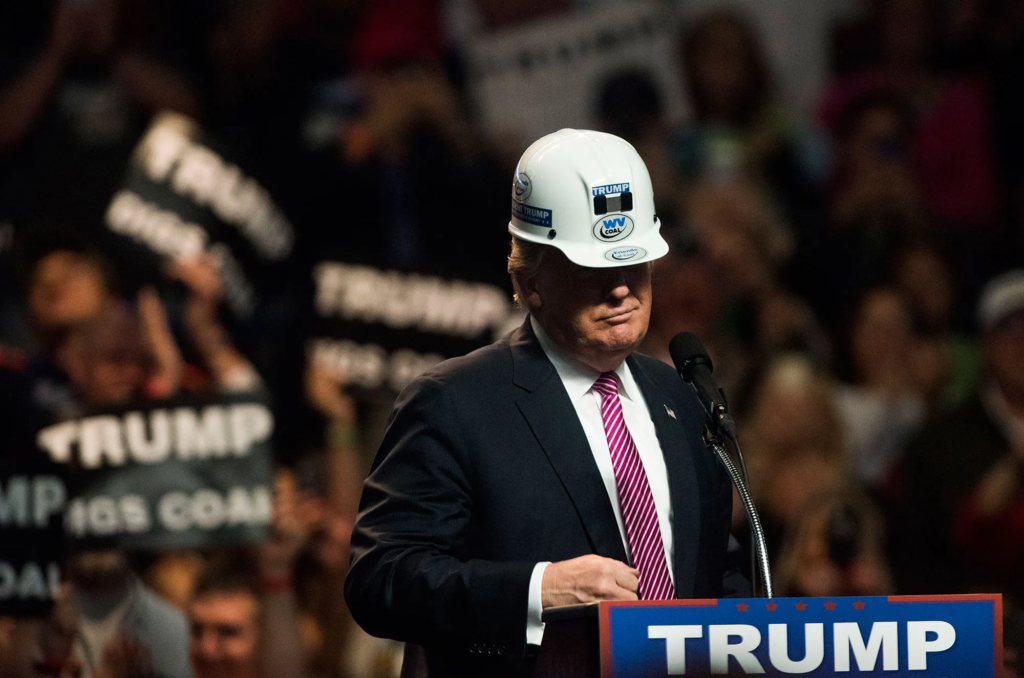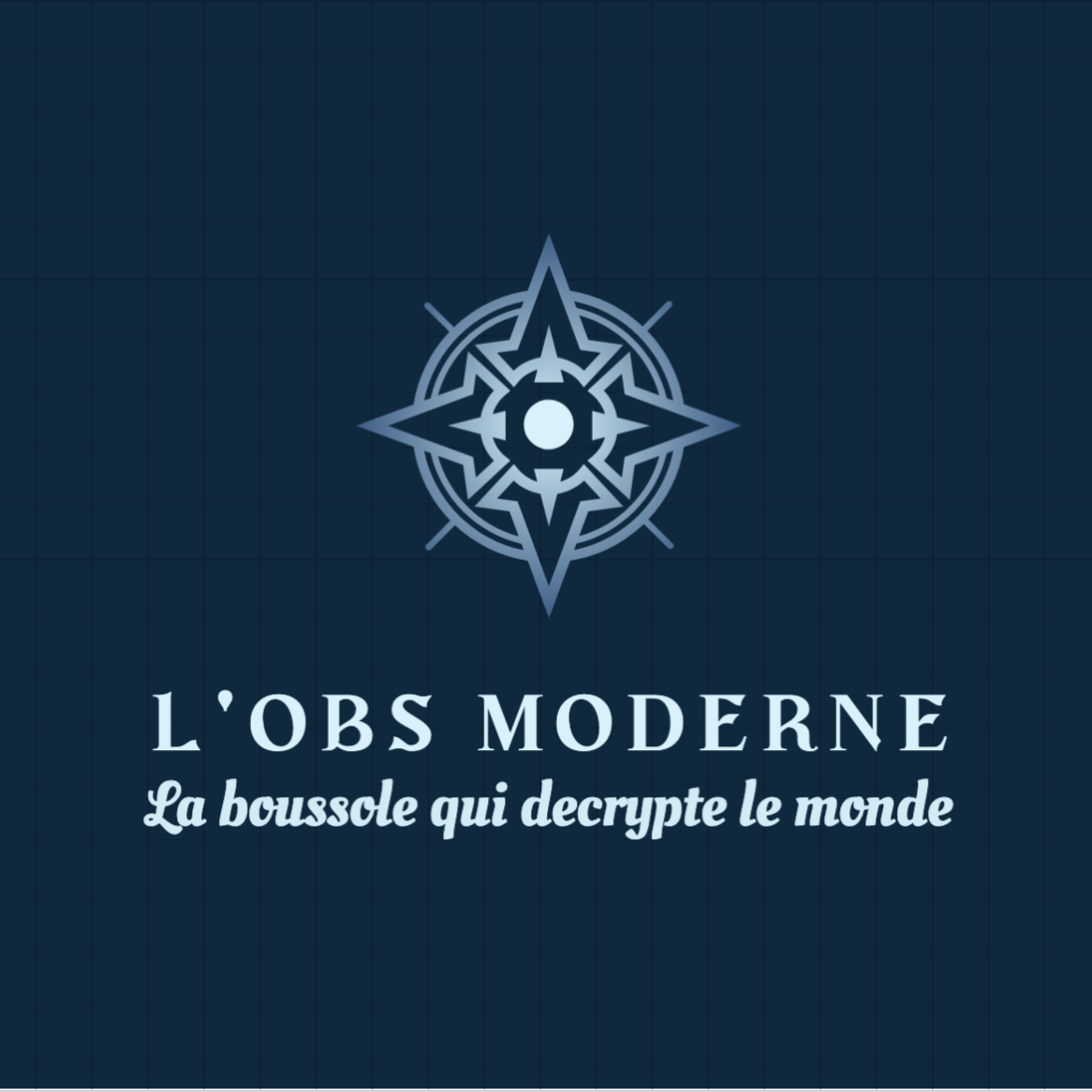French senator Claude Malhuret declared on Wednesday, March 5, 2025, that "Washington has become Nero's court." Since Donald Trump took power last January, the United States has made a drastic shift and distanced itself from its European allies. After Zelensky's latest official visit to Washington, can we think that the United States is no longer the leader of the free world today?

Why can we ask this question today?
A first factor that could explain the fact that the United States is no longer the leader of the free world is its bipolarity. The game of musical chairs between Democrats and Republicans has had a long-term impact on the United States' international credibility. Today, we cannot say, for example, what the United States' guiding principle is regarding climate agreements. Barack Obama signed the Paris Agreement in 2015 before Donald Trump withdrew from it during his first term. This vicious circle is still relevant today, since Joe Biden committed to returning to the agreements before Trump decided otherwise once again. Today, the United States' allies cannot consider the world's leading power as a reliable ally.

This political bipolarity has also weakened the country's credibility by initially sending Joe Biden (82 years old) and Donald Trump (78) to fight for the White House. This loss of credibility among its most loyal allies has contributed to reinforcing the anti-Americanism that the United States has suffered since the beginning of the century. This is expressed in the figures since, according to a Pew Research Center survey conducted between June 10 and August 3, 2020, only 41,% of British people and 31,% of French people had a positive opinion of the United States. Even more alarming, a poll conducted by the Odoxa institute and published on March 1, 2025 indicates that 60,% of French people no longer consider the United States as an ally.
The highly publicized meeting between Trump and Zelensky also reinforced the idea that the United States is no longer leading the free world. Zelensky, who came to meet Trump with the aim of finding a way to end the conflict while ensuring US support, emerged humiliated and expelled from the White House. Trump seems more inclined to negotiate with his Kremlin counterpart, which may raise concerns about the American president's true motives. It seems that between the free world and the other world, Trump has chosen Putin's side.

This loss of faith toward the United States could also worsen in the coming months. Elon Musk, head of the Department of Government Efficiency, believes that the United States should leave the UN and NATO, organizations of which the United States is a founding member. Musk believes that this withdrawal would be legitimate because the United States pays far more than its allies. However, a US withdrawal from NATO, which is supposed to protect the free world, would symbolize the loss of leadership of the free world by Trump and his country.
Can Europe do it?
Emmanuel Macron's latest visit to Washington made a strong impression on the global political landscape. Macron had the merit of looking Trump "eye to eye" and even correcting him in front of a horde of journalists, particularly regarding the funding of aid to Ukraine.
Since this meeting and Trump's with Zelensky, Europe seems, for the first time in many years, to have drastically opposed the United States, as if it had realized that it alone wanted peace in Ukraine. France and the European Union reiterated their support for Ukraine after this meeting, as did the United Kingdom, through its Prime Minister Keir Starmer, who declared that "the United Kingdom remains firmly at Ukraine's side in its fight against Russian aggression." The European Union can also count on the support of the British in assuming this new status, as also demonstrated by the latest meeting of European leaders in London. Europe today takes a much firmer position towards Russia than the United States, something that seemed unbelievable only a few years ago.

Europe, leader of the free world, is no longer an impression but a conviction. In his speech on Wednesday, March 6, the French president described Europe as a union possessing "the economic strength, the power, and the talent to rise to the occasion," before adding, "and whether we compare ourselves to the United States of America, let alone Russia, we have the means." Emmanuel Macron wants a sovereign Europe that has an impact on world affairs, and this war in Ukraine has "almost" become an opportunity to achieve this status.
Regarding the ongoing conflict in Gaza, Europe has also taken a much stronger stance on Israel's actions toward the Palestinian people, while condemning Hamas and demanding the return of the hostages. The United States and Trump have promoted the idea that, since Trump came to power, the fate of the Palestinians is irrelevant. Yet, once again, it is Europe that has taken strong steps to condemn the actions of the Israeli government. Italy, Germany, and England have responded favorably to the international arrest warrant issued by the ICC against the Israeli president.

An interesting phenomenon with this rise of Europe is that young Europeans seem won over by this new face of the Union. TikTok and Instagram posts highlighting a united Europe, now leader of the free world, are flooding these platforms. There are also a large number of posts from American users praising the "performances" of European leaders and criticizing Trump.
Europe appears to have the resources to position itself at the head of the free world. The ambitious Europeans, who have recently demonstrated their geopolitical prowess, combined with current American foreign policy, could assume this leadership role in the medium term.
Is it feasible?
The relationship between the United States and its staunch European allies has deteriorated since Donald Trump came to power. Trump's rhetoric is that the United States regulates the world and does not need outside help. However, this rhetoric, along with the state of transatlantic relations, could harm Americans in the long run.
If relations between Americans and Europeans were to deteriorate further in the coming months, the United States could lose valuable allies, which would further isolate it internationally but also greatly weaken its economy. Germany exports 84 billion euros annually in the automotive sector, a sector much needed by Americans. France, for its part, has $97 billion in civil aviation contracts (Airbus) with the United States. Great Britain has $174 billion in financial contracts with the United States, and a weakening of relations between these two countries could paralyze Wall Street. Even if Donald Trump still refuses to admit it, the United States and its economy depend in particular on Europe. A weakening of transatlantic relations could weaken the world's leading power in the long term.

Europe also represents important military allies for the United States. Most of them are part of NATO and are allied with the Americans. However, a fragile relationship with Europe would further isolate America, which is known to be competing with China and Russia in its quest for global hegemony.
Seeing Europe today take the place of the new leader of the free world is a conceivable scenario. This does not mean that Europe would become more powerful than the United States. The United States remains the most dominant military and economic power in the world. However, its administration today advocates values that are contrary to those of a country supposed to be the world's police force. Europe, through the positions taken by its leaders, embodies greater unity and more stable reliability than the United States.
This fear of seeing Europe take a certain independence from the United States, however, seems to have been taken seriously by Washington. The United States has resumed its aid to Ukraine, having previously halted all negotiations with Zelensky. While the official reason is that the Ukrainian president apologized to his American counterpart, there is no doubt that this resumption of Ukrainian aid is also an opportunity for the United States to avoid further upsetting its European allies.
The question today is ultimately not whether Europe can take the lead in the free world, but rather whether it should. The Trump administration, blinded by its unilateralism, no longer seems concerned with this duty. European countries, seeing the continent once again embroiled in war, have adopted a much firmer stance toward Moscow. In 1945, the world was divided into West and East in what Churchill called the Iron Curtain. Today, between the whims of the West and the threats from the East, Europe seems to be emerging as the middle ground and the rational camp. The American dream, once a symbol of opportunity and success, now has its equivalent on the other side of the Atlantic: the European dream, a symbol of unity.

RELATED POSTS
View all




